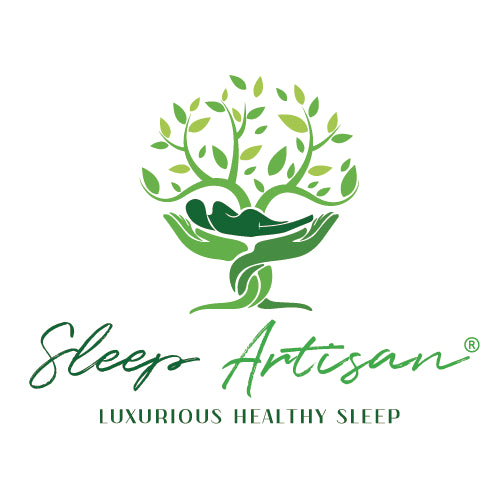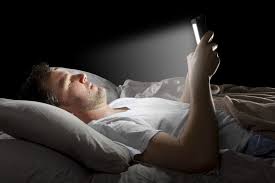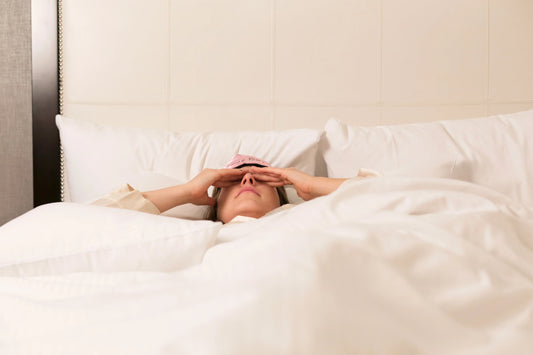In the quest for optimal brain function, nootropics have gained significant attention. These substances, often referred to as "smart drugs" or cognitive enhancers, are believed to boost various aspects of cognitive performance such as memory, creativity, and motivation. But how do they interact with our sleep patterns, and when is the best time to take them? Let's delve into the world of nootropics and explore their relationship with sleep.
What Are Nootropics?
Nootropics are substances designed to improve cognitive function in healthy individuals. They can be either natural or synthetic:
-
Natural Nootropics: These include herbs, amino acids, and other natural substances known for their cognitive benefits.
- Bacopa Monnieri: A traditional herb used to enhance memory and cognitive function.
- Rhodiola Rosea: Known for its ability to reduce fatigue and improve mental performance.
- Ginkgo Biloba: Often used to improve memory and cognitive speed.
-
Synthetic Nootropics: These are man-made compounds developed to enhance brain function.
- Piracetam: One of the first and most widely known nootropics.
- Modafinil: A prescription drug for sleep disorders like narcolepsy, also used off-label for cognitive enhancement.
Nootropics and Sleep: A Complex Relationship
The relationship between nootropics and sleep can be quite intricate. Some nootropics are known to improve sleep quality, while others can have stimulating effects that may interfere with sleep.
-
Nootropics That May Improve Sleep:
- Melatonin: A hormone that helps regulate the sleep-wake cycle, commonly taken as a supplement to enhance sleep quality.
- L-Theanine: An amino acid found in tea leaves, known for promoting relaxation and improving sleep.
- Ashwagandha: An adaptogen that can help reduce stress and improve overall sleep quality.
-
Nootropics That May Interfere with Sleep:
- Caffeine: Widely used to increase alertness and focus, but excessive consumption, especially late in the day, can disrupt sleep.
- Modafinil: While promoting wakefulness, it can interfere with sleep if taken too late.
- Adderall (amphetamine/dextroamphetamine): Used to treat ADHD, it can cause insomnia if not properly timed.
When Should You Take Nootropics?
The timing and choice of nootropics are crucial in balancing cognitive enhancement and sleep quality. Here are some key considerations:
- Timing: Stimulating nootropics should be taken early in the day to avoid interfering with sleep. For example, if you are using Modafinil, taking it in the morning can help maintain your normal sleep schedule.
- Individual Differences: Responses to nootropics can vary significantly among individuals. It's essential to monitor how your body reacts and adjust accordingly.
- Combination with Other Supplements: Some nootropics can be combined to mitigate adverse effects. For instance, pairing L-Theanine with caffeine can enhance focus and alertness without the jitters that caffeine alone might cause.
Deciding whether to use nootropics depends on your individual goals and circumstances. Here are some tips to help you make an informed decision:
- Consult with a Healthcare Professional: Before starting any nootropic regimen, it's advisable to speak with a healthcare provider, especially if you have underlying health conditions or are taking other medications.
- Start with Natural Nootropics: If you're new to nootropics, consider starting with natural options like L-Theanine or Ashwagandha to gauge their effects on your body.
- Monitor Your Sleep and Cognitive Performance: Keep track of how different nootropics affect your sleep and cognitive functions. This will help you fine-tune your regimen for optimal results.
Conclusion
Nootropics can offer various cognitive benefits, but their impact on sleep must be carefully considered. By understanding the types of nootropics, their relationship with sleep, and the best practices for their use, you can make informed decisions that support both your mental performance and overall well-being. Remember, balance is key, and responsible use of nootropics can help you achieve your cognitive goals without compromising your sleep.





